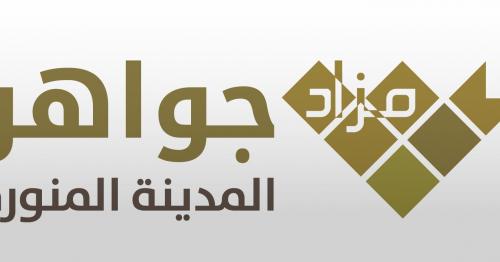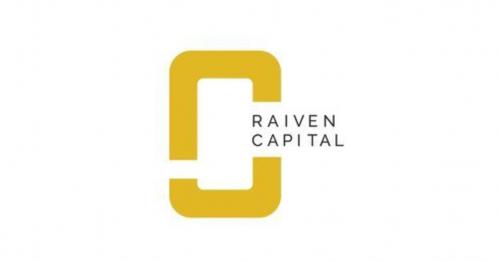Handwriting is the mirror of one’s personality, says expert as Graphology gains attention in KSA

JEDDAH: Self-assessment is one of the growing trends among young Saudis from analyzing one’s art, body language, to handwriting, among other things.
As much as handwriting plays an important part in the academic life of a person, it can also tell of one’s personality traits, habits, and medical conditions through a science called graphology.
Graphology is the analysis of the patterns found in the handwriting to identify the psychological state of the person.
Arab News caught up with graphologist Saman Aslam, a Pakistani expat residing in Riyadh, who said that graphology is growing among youngsters. She set up an Instagram page for clients who wish to have their handwriting read for free.
Speaking of the science itself, she said that graphology has been the most challenging thing that she has done in her life. “I’ve done various jobs but being a graphologist is the most challenging yet and an amazing one.”
She defined a person’s handwriting as “brain-writing” as it is the brain that guides the hands and creates patterns. “Handwriting is our mirror; it projects our conscious, preconscious, and subconscious mind. It shows a person’s physical health as well.”
According to Aslam, appearances can be deceptive but handwriting never lies, revealing how the writer thinks, feels, and behaves. “It does so directly and immediately, without them even being present. It shows the motivation that lies behind actions and outlines the writer’s propensity to behave in ways that may not be expected.”
She also cleared up a common misconception related to this particular field, which is often confused with fortune telling or spiritual studies: Graphology cannot predict the future.
Aslam’s interest in graphology stems from her experience in learning Arabic writing, where a team of Arabic graphologists told her some of her personality traits that awoke her interest for the field. She later studied English handwriting.
Graphology has not only allowed Aslam to help those around her, but also helped her improve her own personality and relationships.
“Every day I learn and implement new techniques. From understanding my siblings to my students’ personalities, knowing what my seniors are expecting from me to helping my friends in finding suitable life partners, and advising people regarding their careers and health checkups,” she told Arab News.
She has also become a good observer and is able to spot those who cannot express what they are going through, and now she can get along with difficult personalities.
Graphology doesn’t stop at analysis, she added — there is a way that people can improve and reform their negative traits to positive ones, through a process called “graphotherapy.”
The therapy is based on changing the personality of the person by changing their handwriting. A graphotherapist designs a customized therapy and suggests new handwriting patterns to reprogram the negative habits. It can supposedly help alleviate medical ailments, relationships, careers, self-development, mental stress, and traumas, as well as suicidal thoughts.
“With graphotherapy, you can overcome your weaknesses and transform them into your strengths,” she said.
Graphology, Aslam noted, not only works with finding out mental health issues, but physical ones as well. This branch of graphology is called graphopathology and it studies the alterations produced in graphisms due to psychological or physical disturbances whether they are latent or evident, permanent, or temporary.
“Apparently, many health issues are registered in our brain six months prior to showing the symptoms,” she said. “Health issues such as tumors, hormonal imbalances, gynecological issues, joint pain, dehydration, and a lot more.”
In her career as a graphologist, Aslam has had numerous experiences, but some stood out more than others. “One such experience was curing my patient’s backache. The other incident was when my patient had her husband’s handwriting analysis done, and he turned out to be suffering from a dual personality disorder. One of his characters was celestial and the other was hostile.”
Aslam wants to raise awareness through workshops, conducting short courses, and launch an online academy that incorporates graphology and graphotherapy.
She also encouraged aspiring graphologists to work hard on their career. “Graphology comes with great responsibility; make sure you do it sincerely because your words are going to engrave someone’s soul. Be gracious! You are probably going to invest your entire life in this study; do it with dedication and veracity.”






Comments